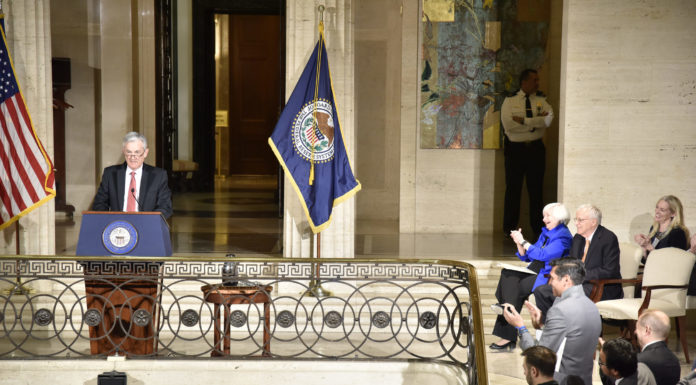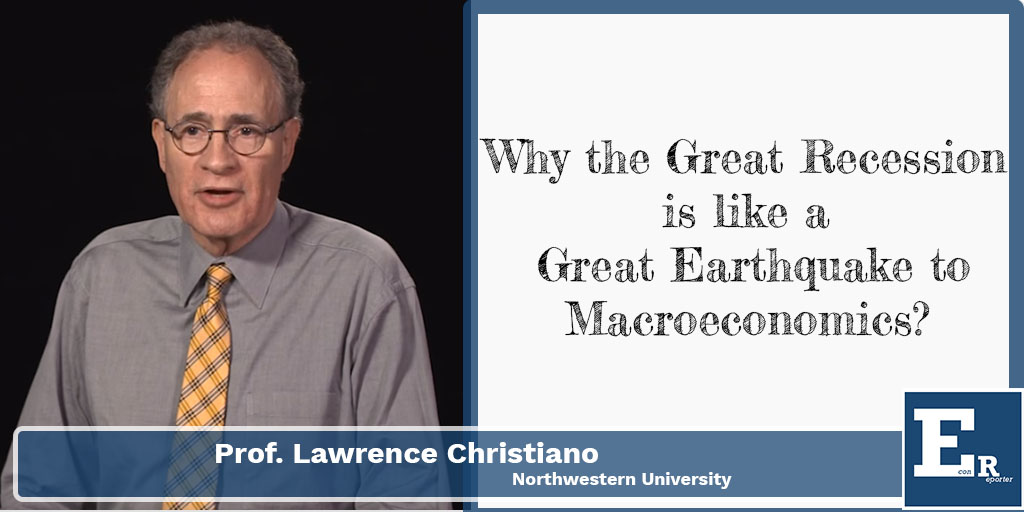Monthly Archives: November 2018
The sovereign-bank “doom loop”
Since the Euro crisis, investors and policymakers are well aware of the so-called "doom loop" between the banking system and the sovereign. That is, a crisis originating in the banking system (sovereign) will weaken the sovereign (banking system), which in turn will worsen the banking (sovereign) crisis itself.
In a recent ECB discussion Paper "Managing the sovereign-bank nexus", the 7 economists - Giovanni Dell’Ariccia, Caio Ferreira, Nigel Jenkinson, Luc Laeven, Alberto Martin, Camelia Minoiu, and Alexander Popov - coauthored the paper suggested that the banks and sovereigns are linked by three interacting channels:
The Missing Profits of Nations and Multinationals’ Extreme Profitability in Tax Havens
The economics of tax evasion is a growing field in academic economics. There are much new exciting research trying to understand the mechanism behind global tax evasion. "The Missing Profits of Nations” by Thomas R. Tørsløv, Ludvig S. Wier and Gabriel Zucman is one of the most noteworthy research on the dynamic behind global tax evasions.
Hysteresis – An Underrated Macroeconomics Question
Hysteresis is referred to the hypothesis that recessions may have permanent effects on the level of output relative to trend.
The Fed’s Interest Rate Policy Regime – Corridor System or Floor System
The Fed has changed it interest rate policy regime since 2008, from the so-called Corridor system, to the Floor system it is using right now. What is the different?
CoCo issuance and bank fragility
A series of papers by Stefan Avdjiev, Bilyana Bogdanova, Patrick Bolton, Wei Jiang, and Anastasia Kartasheva on this topic is highly recommended.
Interviews
A Macroeconomic Earthquake | Q&A with Larry Christiano
Cloud Y -
In this interview, Prof Christiano shared his view on the development of post-2008 academic macroeconomics. We’ve asked Prof Christiano does he agree that modern macroeconomic models are too complicated for the general public, or even policymakers and if he agrees that economic models should be “simpler”. Does he think the recent revival of ISLM model a “good trend”? Should Macroeconomists hang on their faith in DSGE models? Should they explore alternative paths?







